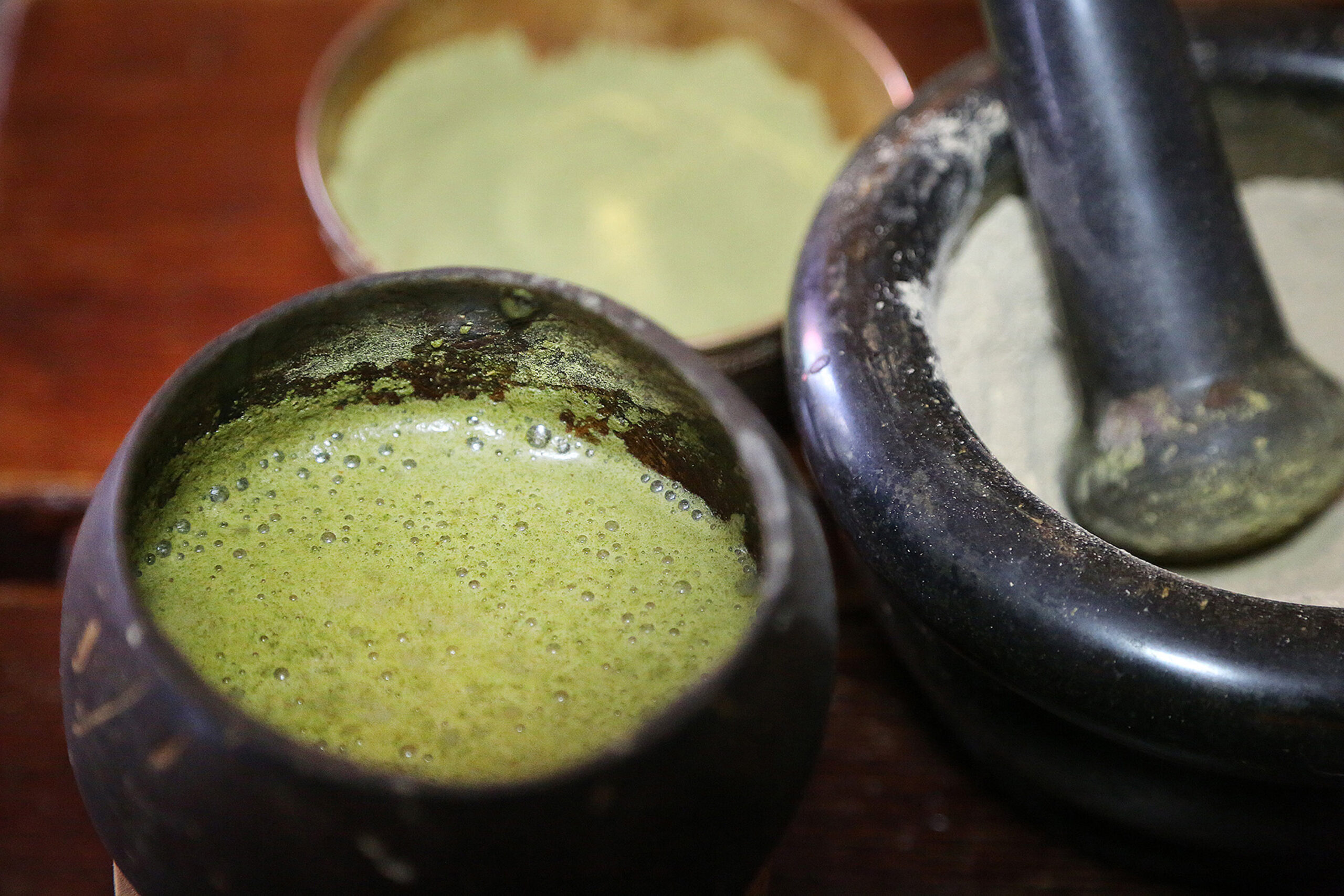A controversial herbal plant called kratom has created a stir in the drug war recently as the U.S. Drug Enforcement Administration furthers its plans to make the plant a Schedule I drug. Schedule I drugs include heroin and MDMA and are deemed to have no medical use. A decision to put kratom on this list would be pre-mature and unsettling.
Kratom is a tropical tree in Southeast Asia whose leaves, either eaten raw or crushed into powder and capsuled, have many uses. In small doses kratom mimics a stimulant and in larger doses act as an opiate.
A petition was created on Aug. 30 on WhiteHouse.gov to keep kratom legal and has reached 137,000 signatures presently, well beyond its initial goal of 100,000. With this many signatures the petition is now due a response from the government no later than Sept. 29.
The government should not ban kratom if it has shown it can provide less harmful solutions for current legal pain medicines. Kratom users proclaim the plant a safe and effective way to wean them off more harmful medicines like oxycodone, codeine, and morphine.
Walter C. Prozialeck, Department Chair of Pharmacology at Midwestern University in Illinois, did a study on kratom and concluded that kratom could be useful “for the development of better drugs that would treat pain without the addictive benefit of opioids.”
A decision to keep kratom legal isn’t intended to reject the DEA’s claims. Many kratom advocates speak out in support of regulating the plant due to its easy accessibility to the youth and kratom manufacturers who manipulate the contents and make them harmful. The most diplomatic solution would be to systematically regulate the drug, as we do any other legal drug on the market that has proven medical use.
Several investigative procedures must be done to better understand what effects the plant has on our bodies. To make the plant illegal would hinder studies that can be conducted to understand what long-term effects the plant has, if any, and how addictive the plant can be.
From experience with kratom usage and seeing friends discover the plant, my views are that of an advocate for legality with proper regulation. Considering the accessibility to young users, some form of structure should surround its use. We could see another epidemic if young adults instead of going through the troubles of finding prescription pain-meds, they could easily resort to a local smoke-shop and get high off kratom.
The American government must consider the damage its caused in society with the prescription drug epidemic taking countless lives every year, and what risks they must take to reverse the harm done. If we used the plant to legally treat pain and successfully distribute it to individuals recovering from opiate addiction then kratom would very well be a step in the right direction towards reconciliation.
Image Sources
- Kratom: Carline Jean/Sun Sentinel/TNS | Used With Permission


Comments are closed, but trackbacks and pingbacks are open.